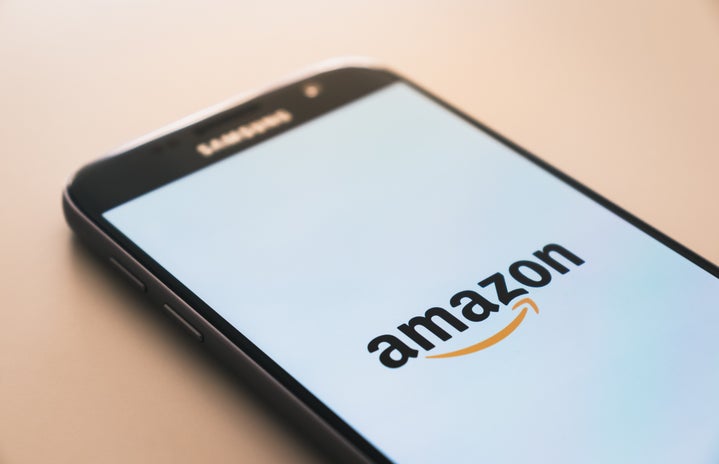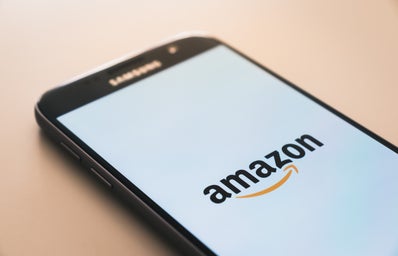Technology in the lives of consumers today has changed the speed at which we get things done, the time we have to enjoy the functionality and features of products, as well as communication and overall integration of services or products.
According to studies, in the United States, 65 percent of homes have a smart device. In simple terms, a home smart device is anything that can connect and operate from the internet connection. A couple of examples include doorbells, security cameras, appliances, thermostats and voice-assisted technologies such as Amazon Alexa.
With more users making the transition to use smart devices in their homes, the need for seamless and universal use is crucial. This growing need and concern among users resulted in the 2019 project, Connected Home over IP. Now rebranded to become Matter and set to start rolling out this year, the focus is to implement one standard across all smart devices, allowing smooth simultaneous interaction between devices.
The delays in the official release of Matter are related to the complexity of the project. The hardware required, certification for partners and their qualifying products, in addition to the ongoing COVID-19 pandemic, have played a role in this. Furthermore, adding more companies to the project is also an opportunity for expanding the project.
Matter wants to ensure that regardless of the manufacturer(s) you choose for your smart home device, they can all interact without the need for additional setups. The extra steps taken to get products working are the reoccurring roadblocks that continue to exist since the introduction of technology for consumers. The end goal of this move by Matter and accompanying companies is to create an optimal user experience.
A picture of how this would work can be better explained in this example. Google Nest products come with virtual assistants and personal accounts that users can create from an email or existing Google account. Amazon Echo and Alexa devices come with their virtual assistants, voice guides and personal accounts. A consumer owning both brands would need to create two separate accounts to use both products which run on different software, protocols and procedures. This is where Matter would step in. Instead, a consumer could use one account to connect the Google Nest and Amazon Echo and Alexa devices. This creates an ease of use for consumers, decreases confusion, allowing for more time to enjoy and explore products and their features.
The user experience that consumers have when interacting with the services or products of a company can be linked to the overall growth or success of the product market, brand loyalty and advocacy.
The other aspect of this project to discuss is that Matter is providing the software, guidance, training, alpha and beta testing for the standardization across devices. The standardization across devices that will occur is why the companies are going through Matter. An opportunity and space for collaboration under one umbrella has just begun for these industry tech giants and more.
The ultimate goal of Matter is universal commonality across the language and protocol of smart home technology.
Want to see more HCFSU? Be sure to like us on Facebook and follow us on Instagram, Twitter, TikTok, YouTube and Pinterest!


